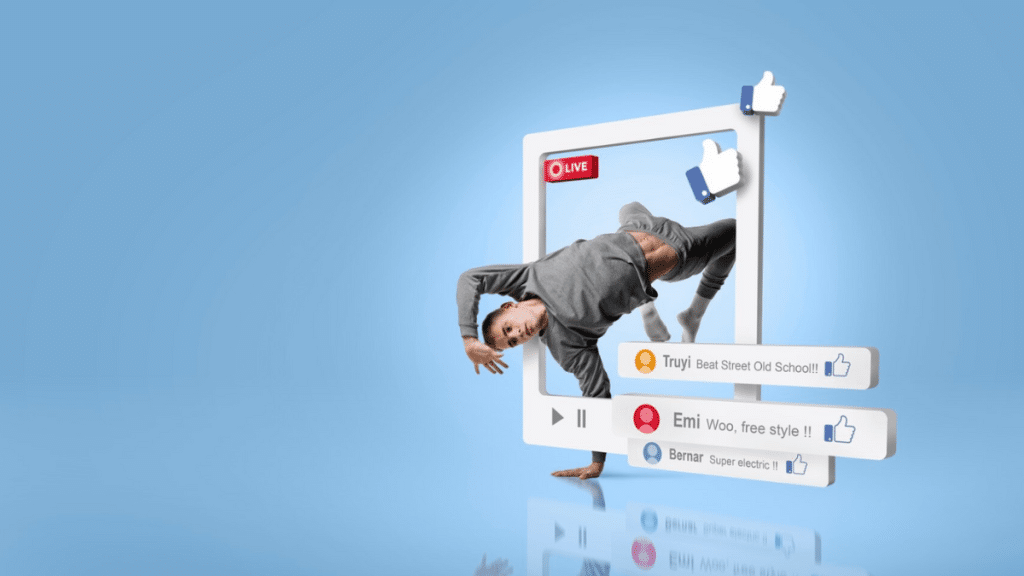Facebook’s interface might seem straightforward, but seasoned users know there’s a lot more happening beneath the surface. One common area of confusion is the distinction between “likes” and “followers” on Facebook pages. While these two metrics may seem similar, they serve distinct purposes and can significantly impact how your content performs and how engagement is measured.
Let’s delve into the differences, understand why Facebook introduced these features, and see how they work together to maximize your page’s reach and engagement.
What Are Facebook Page Likes and Followers?
When users interact with a Facebook page, they can either “like” or “follow” it. At a glance, these options may appear interchangeable, but each plays a unique role in audience building and content strategy.
Page Likes
Liking a Facebook page indicates a one-time expression of interest or approval. It’s a quick way for users to show support for a brand or page without necessarily committing to ongoing engagement. Historically, liking a page also meant following it. However, Facebook has since separated these actions, giving users more control.
Key Points About Page Likes:
- Social Proof: A high number of page likes signals credibility, especially for businesses and public pages. It shows potential followers that your page is popular and trusted.
- Limitations: While page likes enhance your page’s social proof, they don’t necessarily translate into active engagement. A page with many likes but low follower activity may indicate that users liked it once but lost interest.
Page Followers
Following a page means a user has opted to receive updates and posts in their feed. This demonstrates a higher level of interest compared to a simple like. Followers are more likely to engage with your posts over time, making them a critical metric for sustained visibility and interaction.
Key Points About Followers:
- Active Engagement: Followers are more likely to comment, share, and interact with posts.
- Content Visibility: A large follower base increases the chances of your content appearing in users’ feeds, driving organic reach.
Why Did Facebook Separate Likes and Followers?
Facebook’s decision to decouple likes from follows stemmed from user demand for greater control over their experience. Previously, liking a page automatically meant following it, which often cluttered users’ news feeds. Many people liked pages to show support but didn’t necessarily want to see frequent updates from them.
By separating these actions, Facebook allows users to:
- Show approval through likes without committing to updates.
- Tailor their news feeds based on the pages they truly want to engage with.
For businesses and content creators, this separation provides a more accurate picture of audience interest and engagement. Followers, not likes, now serve as a better indicator of content performance.
Likes vs. Post Likes: What’s the Difference?
In addition to page likes and follows, Facebook also allows users to like individual posts. Post likes are dynamic and offer immediate feedback on specific content.
Post Likes
Facebook post likes reflect how well a particular piece of content resonates with your audience. A post that garners many likes is likely to be shared widely, increasing its visibility and reach.
Key Points About Post Likes:
- They indicate immediate engagement with a specific piece of content.
- A viral post can boost visibility but doesn’t always translate into long-term page engagement.
By understanding the distinction, you can optimize both your page strategy and content strategy to achieve better results.
Comparing Facebook to Other Platforms
Facebook’s system of likes and followers isn’t unique. Other social media platforms use similar metrics, but with slight variations:
- Instagram: Users can follow accounts without necessarily liking individual posts. Instagram prioritizes follower count for visibility, much like Facebook followers.
- Twitter: Emphasizes follower numbers while engagement is measured through retweets, replies, and likes.
- TikTok: Focuses heavily on followers and video engagement, with likes and shares influencing visibility on the platform’s algorithm.
Why Followers Matter for Engagement
Facebook page likes provide credibility, but followers are the true measure of engagement. Followers actively engage with your content, ensuring that your posts reach a relevant audience.
Why Focus on Followers?
- Improved Reach: The more followers you have, the higher the chances your content will appear in feeds.
- Enhanced Engagement: Followers are more likely to interact with your posts, boosting visibility through Facebook’s algorithm.
Building a follower base requires consistent, high-quality content that resonates with your target audience. Engaged followers are more likely to share and promote your posts, leading to organic growth.
Tips to Boost Facebook Engagement
To maximize your page’s potential, focus on strategies that foster engagement and grow your follower base:
- Create Shareable Content: Develop posts that encourage sharing, such as helpful tips, entertaining videos, or thought-provoking questions.
- Post Consistently: Maintain a regular posting schedule to keep your audience engaged.
- Encourage Interaction: Ask questions, run polls, or create contests to encourage likes, comments, and shares.
- Leverage Facebook Insights: Use analytics to understand what content resonates most with your audience.
- Boost Credibility with Likes: While followers drive engagement, likes still play a role in establishing social proof. Consider campaigns to increase page likes as part of your overall strategy.
Conclusion
Understanding the distinction between Facebook likes and followers is crucial for building an effective social media strategy. While likes provide credibility, followers drive engagement and ensure your content reaches an active audience.
Focus on creating meaningful connections with your followers to boost organic reach and visibility. By prioritizing engagement over vanity metrics, you can build a loyal and interactive community on Facebook—one that supports your long-term growth goals.
If you’re looking to enhance your Facebook presence, don’t just chase likes. Focus on growing a base of engaged followers who truly connect with your content.

